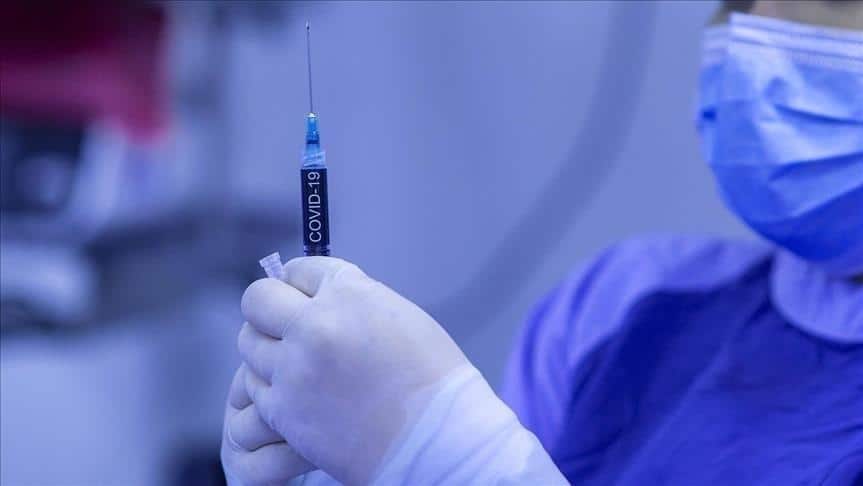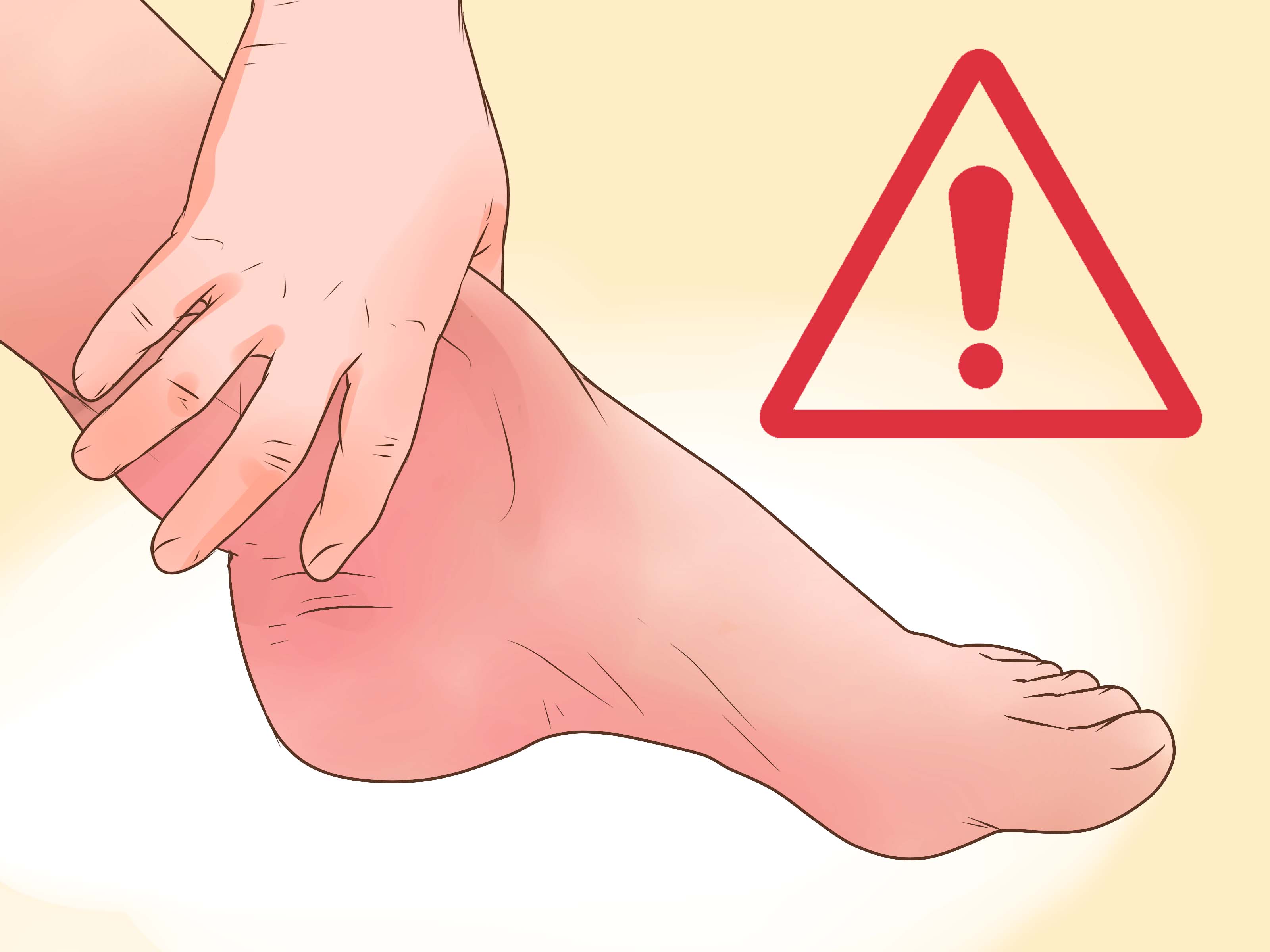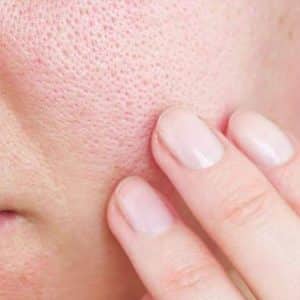Do vaccines provide immunity for many years?

Do vaccines provide immunity for many years?
Do vaccines provide immunity for many years?
In light of waves of corona mutations around the world and the increase in the number of infections, a recent study revealed that the two vaccines of Pfizer and its partner “Bionic”, in addition to Moderna, may provide protection from the Corona virus for years or even for life.
A US study found that most people who have been vaccinated with mRNA vaccines may not need additional booster doses, as long as the virus and new strains of it do not evolve very much.
“It is a good sign of the sustainability of our immunity using this vaccine,” said Ali Al-Yaidi, the study supervisor and assistant professor at Washington University in St. Louis, according to what was quoted by the “New York Times.”
Immune cells are the secret
The doctor and his colleagues in the study found that immune cells that recognize the virus remained in the bodies of people who had recovered from corona for at least eight months after infection.
Also, a study conducted by another team indicated that the so-called "memory B" cells continue to mature and strengthen for at least a year after infection.
In the new study, scientists suggested that immunity would last for years, and perhaps for life, in people who were infected with the virus and were vaccinated later, but it was not clear to them whether vaccination alone might have this long-term effect, similar to those who had the disease before.
So, the team looked at the source of the memory cells, the lymph nodes, where these immune cells are trained to recognize and fight the virus.
They found that after infection or vaccination, a structure called the germinal center forms in the lymph nodes. In this structure, cells are strongly trained to fight the virus.
The longer these cells train, the more likely they are to stop the viral strains that may emerge.
B-cell development protects against virus
In parallel, Marion Pepper, an immunologist at the University of Washington in Seattle, explained that everyone is always focused on the evolution of the virus, noting that this study shows that “immune B cells are also evolving, which means that this continuous development will protect against the virus.”
During the study, the team studied the data of 41 people, including eight with a history of infection with the virus, and all of them were vaccinated with two doses of the “Pfizer” vaccine, and the team took samples from the lymph nodes of 14 people after three, four, five, seven and 15 weeks after the first dose. .
The researchers found that 15 weeks after the first dose of the vaccine, the germ center was still highly active in all 14 participants, and that the number of memory "B" cells that recognized the virus did not decrease.
In addition, Al Yabidi explained that “the continuation of the response for about four months after vaccination is a very good sign,” as microbial centers usually reach their peak one to two weeks after vaccination and then fade away.
Elderly and immunocompromised people need boosters
For her part, Dipta Bhattacharya, an immunologist at the University of Arizona, said that the germ centers stimulated by "mRNA" vaccines continued to function months after it occurred.
She stressed that the importance of the study lies in the fact that most of what scientists know about the continued existence of microbial centers is based on research on animals, and this study is the first on humans.
The results indicate that the vast majority of people who have been vaccinated will have immunity in the long term at least from the current strains of coronavirus.
But older adults, people with weakened immune systems, and those who take medications that suppress the immune system may need boosters.
As for people who have recovered from the virus and been vaccinated, they may not need them at all, as their antibody levels increase because memory “B” cells were developing before the vaccination.
The study indicated that it is difficult to predict the duration of immunity using mRNA vaccines, but in the absence of strains that can escape immunity, it becomes theoretically possible to continue for life.
Other topics:
How do you deal with your lover after returning from a breakup?






